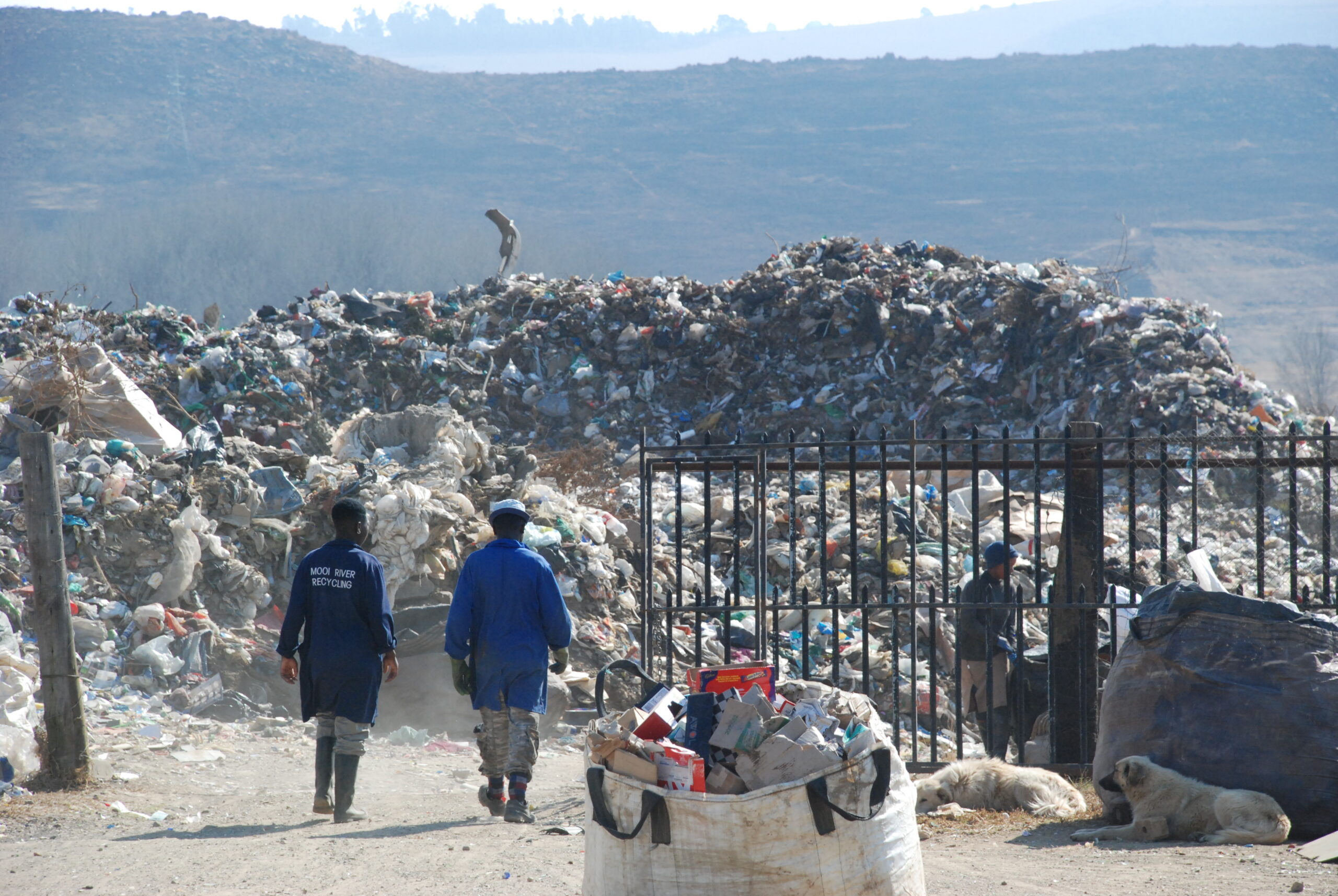This article is in response to the article titled “Are plastic alternatives a blessing or a curse” by Anton Hanekom, Executive Director of Plastics SA.
The issue with plastic is evident for everyone to see: it fills our streets and waterways and now we know that plastic particles have entered our food systems too. So how do we address this issue? How can we prevent our families from ingesting toxic plastic during every meal? Certainly not through the continued production of plastic!
Mr Hanekom makes a compelling argument that in South Africa recycling has saved tons of CO2 emissions and landfill, space but what he does not mention is that we are only recycling roughly 9% of the plastic that we are producing. So while recycling is doing some good, clearly we cannot recycle our way out of plastic pollution. It is pretty much an industry tactic to lead us to believe that despite the ever-increasing amount of plastic entering into our ecosystem, recycling is the answer. This provides a convenient excuse for industry to continue to churn out massive amounts of plastic packaging. We need to shift away from believing that recycling alone is the solution to this problem.
The idea that people are to blame for plastic pollution was intentionally planted by the fast-moving consumer goods industry to protect their business model. While people do need to act responsibly and know how to manage their waste, companies that are producing this waste need to step up and take some accountability. If producers of plastic packaging were financially responsible for the full lifecycle of their products, it would be in their interest to design products that can be easily repaired or failing that, recycled. Instead industry pushes the blame onto the consumer, so they don’t have to foot the bill for the waste their products create.
Phasing out single use plastic such as sachets, straws, and cutlery while implementing a separation at source programme would be the ideal start we need. We have to start taking a zero waste approach to waste management in our country. Packaging that cannot be reduced, reused or recycled should not be produced. Furthermore, we cannot change from plastic to another form of packaging and continue to ‘over package’ for this will result in a future crisis. Who has not been frustrated by the very many layers of plastic on one product?
Mr Hanekom makes reference to the amount of jobs that the recycling sector creates. Waste pickers are an important part of our waste management system, sorting through waste in far from ideal conditions like landfill sites or in the streets. Although they are responsible for a large quantity of materials being diverted from landfill, we are investing very little in this key component of our waste management system , according to the South African Waste Pickers Association. The glut of new plastic in the marketplace kills the plastic recycling economy, along with the livelihoods of thousands of waste pickers. According to a report by GAIA titled
“Recycling is Not Enough”, production of virgin plastic leads to low market prices, particularly as prices don’t factor in the externalities of plastic production, such as climate impacts, toxic chemicals in the production system, pollution from oil, coal and gas extraction and the health impact on society. Low virgin plastic prices outcompete recycled plastic, and there are no mechanisms in place to ensure manufacturers will use recycled plastic content in their products. In order to save our recycling economy, we simply need to stop making so much plastic.
GAIA is the Global Alliance for Incinerator Alternatives, a network of organisations who believe in a just, Zero Waste world centered around respect for ecological limits and community rights, where burning and dumping is replaced with people-powered solutions.
Niven Reddy is a Campaigner at groundWork who coordinates the African region for GAIA.




